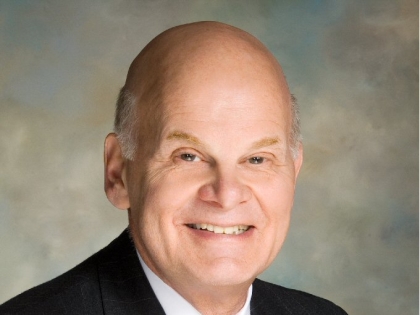
State Budget: Expect More Pain for the Taxpayers
Stephen M. Saland
June 17, 2010
-
ISSUE:
- Budget
Just when we thought it couldn’t get much worse, we plainly and clearly see the destructive path the State’s leadership is taking us to resolve our budget gap. Not only is the current state budget more than two months late, the current leadership has ignored the Budget Reform law adopted in 2007. I and my Republican colleagues have been shut out of the budget negotiation process, our list of suggested cuts have been virtually ignored and the secret meetings of the three Democrat leaders have left the general public totally in the dark.
As of this week, 58% of the roughly $135 billion State Budget has been resolved and adopted. At least that’s the number cited by the Senate Finance Chair. If indeed that number is accurate, that would indicate only 42% of the State Budget is left to be enacted.
To date, the enacted portions of the State Budget have only included $1.1 billion in cuts. However, the State has a $9.2 billion deficit to address. That would leave $8.1 billion to be cut or raised in order to achieve a balanced budget.
By adopting the budget incrementally instead of taking on cuts in a comprehensive approach, the State’s Democratic leadership has in essence deferred 90% of the deficit. Despite their earnest efforts to ignore the looming deficit, it will not go away for those who prefer to stick their head in the sand.
With the 42% of the State Budget left to be resolved, the State needs to cut more than $8 billion in spending or raise additional revenues to make up the difference. And within that 42%, it is estimated that $25.4 billion is earmarked as state general funds, the remaining being federal dollars, over which the State has little or no control. Keep in mind, the lion’s share of the budget left to be addressed is aid to education.
What has become readily apparent with each passing day is to close the remaining $8 billion deficit; the Democrat leadership will again resort, as was done last year, to the imposition of higher taxes and fees, supplemented by borrowing. Nor would many be surprised to see severe cuts in education.
None of these actions are acceptable. And it will only mean more pain for the taxpayers.
Share this Article or Press Release
Newsroom
Go to Newsroom
